The venom with which Abiodun Oyewole spits “America is a terrorist”, the key repeated line to “Rain of Terror”, has startling power. The piece is an unashamed diatribe against his nation. Beside him his partner Umar Bin Hassan rhythmically hisses the word “terrorist” again and again while, behind, percussionist Donn Babatunde provides minimal backing on a set of three congas. “Take a black woman, a pregnant black woman, cut her belly open and let the foetus fall out, stomp the baby in the ground.” Oyewole is raging and it feels good. There is no meta here, just pure countercultural fury.
The Last Poets are one of those groups that are legendary if you’ve heard of them and completely off-the-radar if you haven’t. There used to be lots of groups like that – The Stooges and The Velvet Underground, for starters – but enthusiastic early adopters gradually, as the decades passed, gave them wide fame and acceptance. The Last Poets haven’t yet achieved such profile - they don’t do tunes you can hum - but they are widely regarded as the prototype hip hop group. They have a vital direct lineage back to the 1960s, the original Black Panthers and Malcolm X. Indeed, Oyewole keeps giving the Black Power salute throughout.
At first their appearance at Brighton Festival doesn’t look promising. The pre-interval first half is very short, and the trio really only introduce themselves for about 20 minutes in a rather long-winded way. Hassan is edgy, amusing, playing up his cantankerous persona as he shuffles about on clearly iffy knees (both of them are 70). He is Flavor Flav to Oyewole’s Chuck D, and that’s no idle comparison: this outfit heavily influenced Public Enemy and all polemic hip hop for ever after. They’ve performed with multitudes of the genre’s biggest stars, from Kanye West to Wu-Tang Clan.
It is, initially, the support acts that shine. London poet Zena Edwards with moving words about her Windrush generation granddad, moved to tears by her own echoing song, played on a one-string bow given to her by Kalahari bushmen. And another female MC, Brighton’s Sea Sharp, originally from Kansas, completely inhabits her poetry, itself a sort of blues, her warm voice wrapping itself around delicious phrases like “prairie inferno hopscotch”.
But it is the return of The Last Poets that makes the night. They bring fire to 50-year-old poem-songs such as “When the Revolution Comes” (“some of us will probably catch it on TV with chicken hanging from our mouths”). It makes sense that this number came first, that Gil Scott Heron heard it and created his own masterpiece in response, with which, Oyewole tells us, The Last Poets song is constantly being confused. They clearly love Heron so there’s no enmity, just common cause.
They introduce their new album, Understand What Black Is, recorded in London but conceived in Brighton by Tru Thoughts artist and producer Nostalgia 77. Indeed, at one point, Hassan brings a vinyl edition onstage and places it on a chair, telling us how excited he is by it. The cuts they play from it emanate a more considered, thoughtful tone, as befits their age. But it is the old stuff that burns hardest, forged as the Sixties turned to the Seventies and Nixon’s government had The Last Poets on a high-security watch-list after their debut album became an unlikely hit.
Hassan, clad in a saggy baseball cap that looks like a foraging hat, scarcely cares about the microphone. Where Oyewole’s verses are oratory, preached like the gospel, Hassan’s come spilling out in a torrent, speeding, words blending into one another, yet he gathers them to a blaze, first with the comic yet vicious “Niggers Are Scared of Revolution”, then finally, at the end, with the awesome “This is Madness”, the title track of their 1971 second album, a catalogue of imagery (“Tiny Tim sticking his penis into my bleeding mind” and far worse), punctuated by a screeching, genuine sense of things freefalling out of control.
When The Last Poets first appeared, much of this material was so inflammatory it was actually dangerous to perform. It was an era when the US police did not think twice about gunning down Black Panther-related subversives. Now, in a 200-year-old tiered English theatre, to an audience of mostly middle-aged white people, they still manage to breathe fire on those old embers. And they receive a deserved standing ovation for their efforts
Watch a US documentary about The Last Poets

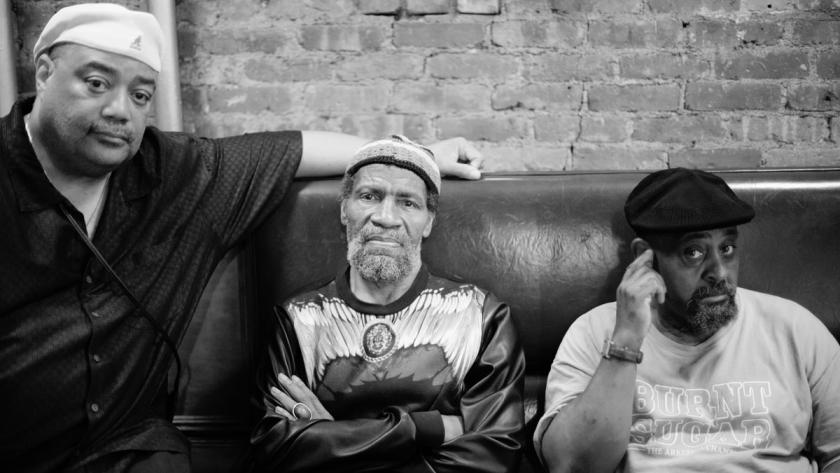

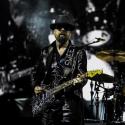
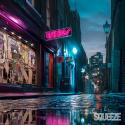
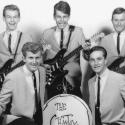
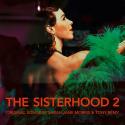
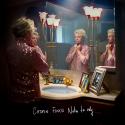

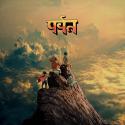
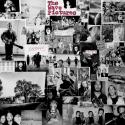




Add comment